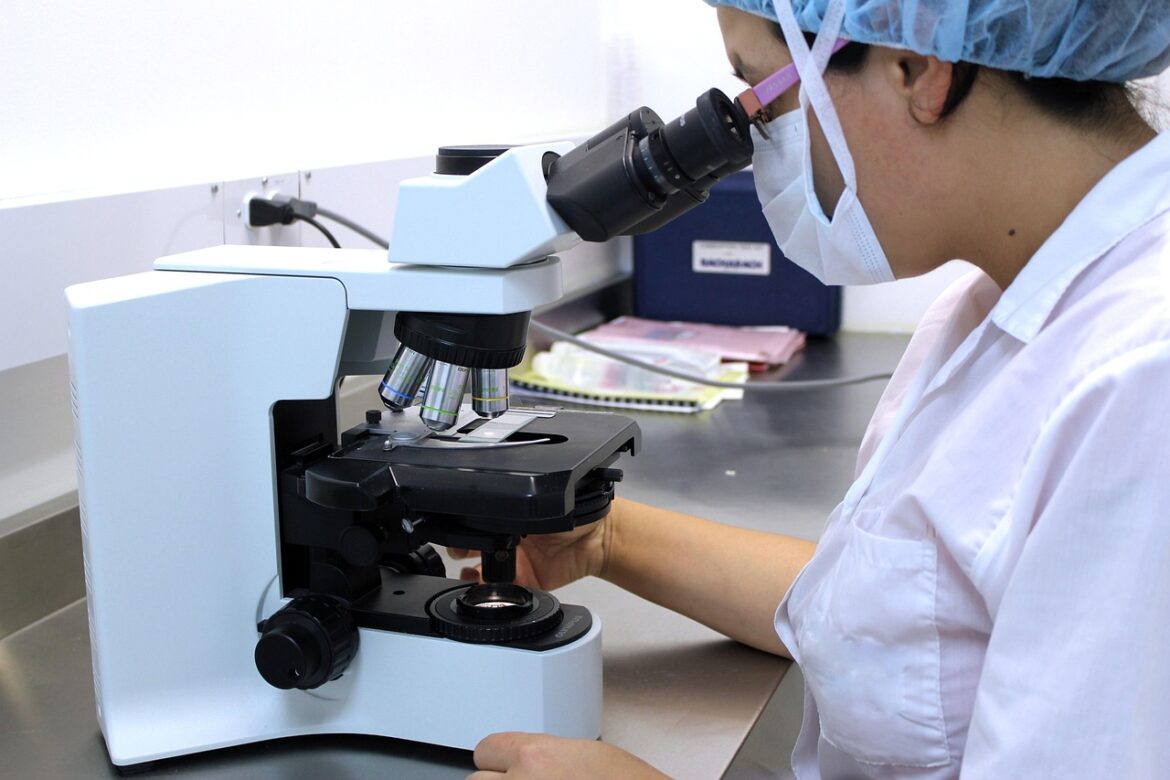In today’s fast-paced world, workflows are being revolutionized by emerging technologies like artificial intelligence (AI). This is not just a buzzword; AI is transforming industries such as biotechnology, DevOps, and governance, risk, and compliance (GRC). Let’s dive into some of the most exciting science news from around the globe.
AI Transforms Synthetic Biology Workflows
The field of synthetic biology is no longer the future; it’s the present. At the forefront of this revolution is the use of AI, which is revolutionizing enzyme design and performance prediction. Companies like those attending SynBioBeta 2025 are harnessing AI to accelerate discovery, bridge gaps between design and lab validation, and push sustainable processes forward. However, challenges remain, particularly in scaling up these processes from the lab to large-scale production.
For instance, AI can predict how enzymes will behave in different conditions, allowing for rapid testing and optimization. While this technology holds immense promise, the transition to large-scale production is proving to be a bottleneck due to limited infrastructure and expertise.
Key Takeaways:
- Accelerated Discovery: AI enables faster screening and prediction of enzyme performance.
- Scaling Challenges: Production remains a significant hurdle due to infrastructure constraints.
DevOps Evolves with AI-Driven Automation
For software developers and IT teams, DevOps has become the backbone of efficient project management. By integrating AI and machine learning, teams can automate tasks, predict issues, and implement self-healing systems. This not only enhances productivity but also ensures faster resolution times and higher quality releases. AI-driven DevOps is changing the game by making development cycles more efficient and reliable.
For example, predictive analytics can identify potential problems before they arise, allowing for proactive solutions. Automated testing further speeds up the development process by automatically generating test cases based on code changes.
Key Features:
- Predictive Analytics: Anticipate and solve problems before they escalate.
- Automated Testing: Reduce manual labor and ensure smoother CI/CD pipelines.
Collaboration Revolutionizes Biotech Research
Imagine having all your research tools in one place, working seamlessly together. This is exactly what Benchling and Moderna achieved through their collaboration on AI-driven research platforms. Moderna’s scientists are now empowered with a unified digital system that automates workflows, integrates data, and supports high-throughput analysis. This partnership is setting new standards in biotech research by enhancing agility and innovation.
By centralizing research tools, scientists can focus on designing experiments and analyzing results without the friction of disconnected systems. This collaboration is streamlining the research process, allowing for faster discovery and development of new therapies.
Key Improvements:
- Unified Platforms: Simplify research by integrating tools and data in one system.
- Enhanced Agility: Automate workflows to focus on high-level innovation.
AI Takes Center Stage in GRC
In the realm of governance, risk, and compliance (GRC), AI is no longer a sidekick; it’s the lead actor. By automating workflows, enhancing threat detection, and supporting real-time risk monitoring, AI is helping organizations navigate complex regulatory landscapes more effectively. The challenge now is to ensure AI’s benefits are fully realized without compromising trust or accountability.
For instance, AI can streamline compliance by automatically identifying and addressing anomalies. It helps leaders make more informed decisions by analyzing vast amounts of data swiftly and accurately.
AI-Driven Opportunities:
- Risk Monitoring: Detect and respond to risks in real-time.
- Compliance Automation: Streamline workflows to improve efficiency and accuracy.
SOCOM Speeds Up Acquisition with AI
In a completely different sector, the U.S. Special Operations Command (SOCOM) is leveraging AI to accelerate its acquisition processes. This involves leveraging AI to modernize and expedite decision-making, freeing up more resources for critical operations.
By integrating AI into acquisitions, SOCOM aims to reduce bureaucratic delays and enhance operational efficiency. This move showcases how AI can transform even the most traditional workflows by automating routine tasks and providing strategic insights.
Key Outcomes:
- Efficiency Gains: Reduce processing times and enhance decision-making speed.
- Operational Focus: Allocate more resources to core operations by automating backend tasks.
These stories highlight how AI is reshaping workflows across various industries. Whether it’s speeding up genetic engineering, automating software development, streamlining compliance, or enhancing military operations, AI is proving to be a versatile tool that can transform the way businesses operate.
As we move forward, embracing these technologies will be crucial not just for staying competitive, but for leading the charge into a future where efficiency, innovation, and sustainability are the hallmarks of success.
References:
- https://www.biocatalysts.com/media-resources/trends-synthetic-biology
- https://www.nationaldefensemagazine.org/articles/2025/5/6/socom-using-ai-to-speed-up-acquisition-workflows
- https://www.crescendo.ai/news/latest-ai-news-and-updates
- https://ctomagazine.com/key-devops-trend-2025-to-follow-2/
- https://www.biospace.com/press-releases/benchling-and-moderna-collaborate-on-ai-driven-research
- https://docsbot.ai/prompts/writing
- https://www.metricstream.com/blog/ai-in-grc-trends-opportunities-challenges-2025.html
- https://upcea.edu/resources/



